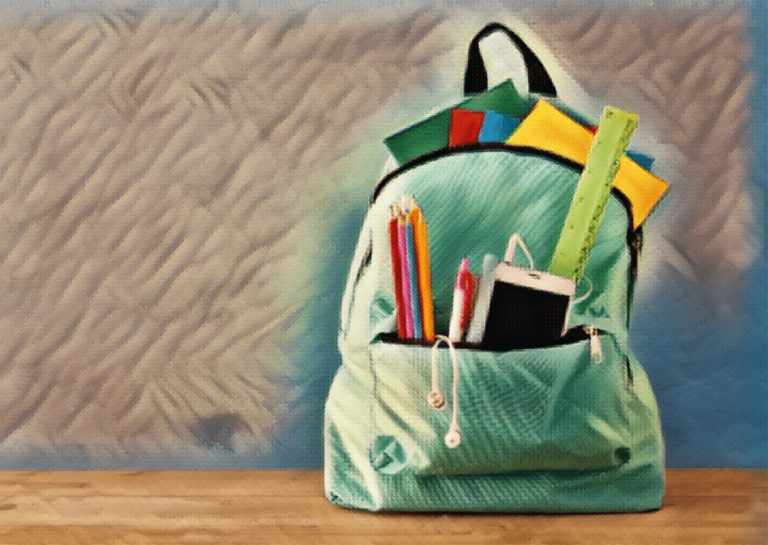Children going back to school can be scary and overwhelming for parents too. It feels like there is so much change occurring in a short amount of time. In this article, we will discuss back-to-school anxieties and preparation strategies for parents, to manage the post-pandemic transition. And the more ready you are, the more ready your children will feel, too.
While this time might be exciting for children, who get to see their friends and teachers, for parents, it can be less thrilling. Some parents are experiencing nerves when handing over care responsibilities to teachers after spending so much family time together during the pandemic. On top of those nerves, some parents are returning to work which presents extra stress of family mornings and evenings and the worry of not being there for our children.
We often discuss the hardship that comes with postpartum depression, which occurs after childbirth. Then we discuss empty nest syndrome, the feeling of emptiness parents get after their children have moved out when teens are going off to college and adult life. But, we don’t talk a lot about how hard it is for parents on the first day of nursery, primary, or secondary school.
This year back to school is harder for parents, coming out of the pandemic. During the lockdowns, parents spent more time with their children at home. The shift from unprecedented family time to daily separation can feel overwhelming for many reasons as we try to unlearn our pandemic-life habits. It’s natural to worry about how our child will cope without us in a new situation. The first thing parents—and anyone experiencing return-to-normal fears—must do is cope with this sometimes overwhelming anxiety. You can practice this coping strategy in advance.
Dr. Becky Kennedy, a clinical psychologist, and parenting expert shares her AVP strategy which stands for Acknowledge-Validate-Permit. She tells Time Magazine, acknowledge by noticing a feeling, validate by telling yourself why the feeling makes sense, and then give yourself permission to be having that feeling. Think to yourself: “I’m noticing I’m feeling pretty tense as I take the train to work today. That makes sense, after all, I haven’t done this in a while and the world has changed a ton since March 2020! I’m allowed to feel nervous as I make this transition.”
To help you and your children with the back-to-school transition, it’s helpful to establish separation routines. You and your children have been faced with uncertainty for months but acknowledging the uncertainty that remains is healthy in the separation routine. You can do this with your child by wondering with them. For example, you can say “I wonder what the first day back will be like for your class,” followed by “I am excited to hear what you learn today.” Then the most critical part is to establish that separation routine, to help parents and children feel safer in the transition. For example, you can tell your child, “Let’s make sure to practice a goodbye routine so we have something we know we will do, something that feels familiar to us, as you go back to school.”
If you catch yourself in negative hypothetical thinking of “what ifs”, remind yourself that an alternative future in which something positive happens is just as likely. Give yourself credit for all you’ve been through. What a year it’s been. You are so strong. Yes, the transition to fall will be tricky, and yes, we can do it. We’ve got this.

